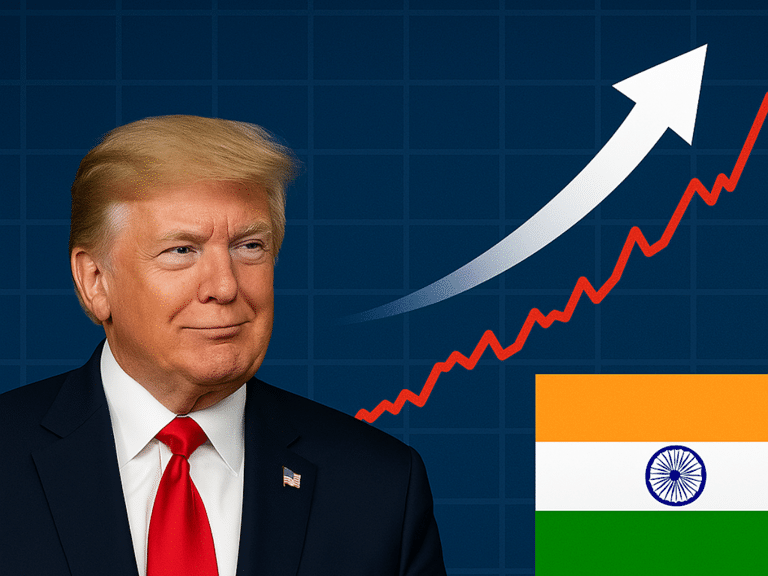‘Exceeded His Authority’: Analyzing the Criticism of Corporate Actions

A recent ruling by a U.S. trade court has significantly impacted President Donald Trump’s plans for reciprocal tariffs, stating that he has overstepped his authority. The court’s decision blocks most of Trump’s tariff measures, which were intended to penalize countries with trade surpluses against the United States. This ruling has led to a positive response in the markets, despite the White House’s criticism of the judges involved in the case. The court’s findings present a considerable challenge to Trump’s efforts to reshape international trade relations.
Details of the Court Ruling
The U.S. Court of International Trade ruled against President Trump, asserting that he had exceeded his presidential powers in implementing tariffs. The court consolidated two lawsuits that argued Trump had encroached upon Congress’s authority over fiscal matters. The judges emphasized that the tariffs did not achieve their intended goals and noted that the U.S. trade deficit has persisted for 49 years, which does not constitute an immediate national emergency. The ruling invalidates most of the tariffs imposed since Trump took office in January, including those based on emergency powers against Canada, Mexico, and China.
The court’s decision highlighted that the International Emergency Economic Powers Act of 1977 does not grant the president unlimited authority to impose tariffs on goods from nearly every country. The judges stated that such an interpretation would violate constitutional principles. They clarified that the Act allows for presidential action only during exceptional emergencies, and the tariffs imposed by Trump did not meet this criterion. The court has provided a 10-day period for the administration to finalize procedures to cease the tariff implementations.
Market Reactions and Implications
Following the court’s ruling, financial markets experienced a surge, indicating a decrease in uncertainty surrounding Trump’s tariff policies. The president had previously announced a base tariff rate of 10 percent on various imports, with additional charges aimed primarily at China and the European Union. However, he temporarily suspended these larger tariffs for 90 days to facilitate ongoing discussions with other nations. The court’s decision to block most of these measures has further stabilized the market, which had been grappling with the implications of Trump’s aggressive trade policies.
Despite the positive market response, the ruling poses a significant challenge to Trump’s strategy of using tariffs as leverage in international negotiations. The administration’s approach has been to address trade deficits and concerns over drug imports, which Trump has labeled a “national emergency.” The court’s findings suggest that such justifications may not hold up under legal scrutiny, potentially limiting the administration’s ability to implement similar measures in the future.
White House Response and Future Actions
In response to the court’s ruling, the White House expressed strong disapproval, arguing that unelected judges should not interfere with the president’s authority. Trump’s spokesman, Kush Desai, reiterated the administration’s commitment to prioritizing American interests and utilizing executive power to address trade issues. The legal team for the Trump administration has already filed an appeal against the court’s decision, indicating that they intend to challenge the ruling vigorously.
Senior adviser Stephen Miller characterized the ruling as a “judicial coup,” reflecting the administration’s frustration with the legal system’s intervention in trade policy. The appeal process will likely unfold in the coming weeks, as the administration seeks to regain control over its tariff strategy. Meanwhile, other tariffs established under different legal frameworks, such as those on foreign steel, aluminum, and automobiles, remain valid, as they were implemented through investigations by the Commerce Department rather than presidential discretion.
The outcome of the appeal could have significant implications for the future of U.S. trade policy and the extent of presidential powers in imposing tariffs. As the administration navigates this legal challenge, the broader impact on international trade relations remains to be seen.
Observer Voice is the one stop site for National, International news, Sports, Editor’s Choice, Art/culture contents, Quotes and much more. We also cover historical contents. Historical contents includes World History, Indian History, and what happened today. The website also covers Entertainment across the India and World.

